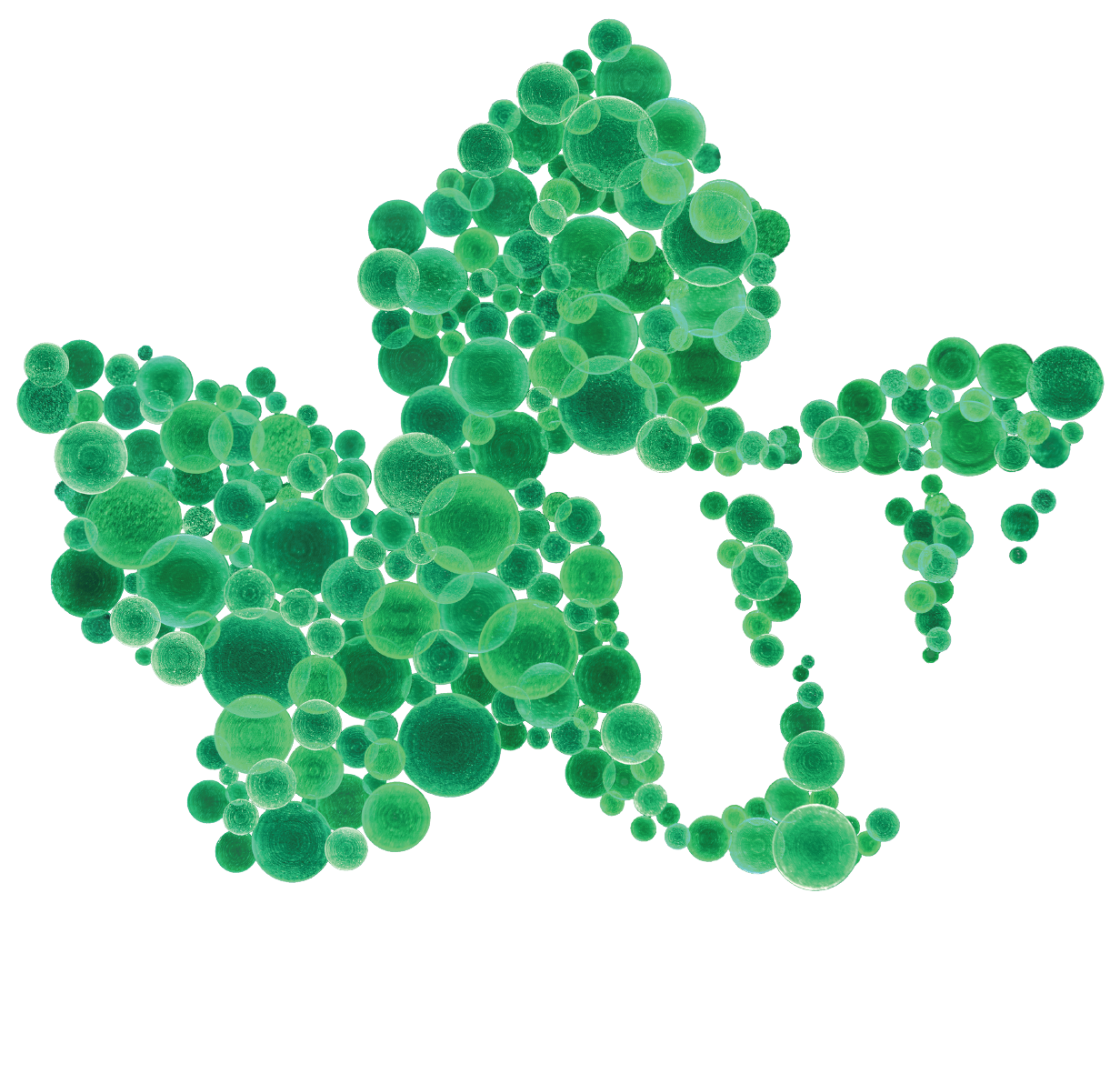Fifteen of the original 30 Phase 2 teams currently remain in the competition, having recently been selected by the judges to advance on to the third phase as semifinalists.
We are pleased to announce that Phase 2 of Wege Prize 2025 is now complete and 15 teams are moving on to the semifinalist round! These teams of students from around the world represent 26 different academic institutions in the U.S. and around the globe in their creation of alternative protein sources, regenerative agriculture products and other concepts that transform waste and inefficient production methods into environmentally sound products and services.
WHAT ARE THEY WORKING ON?
• Agpress is integrating mealworm farming with maize flour production to create protein-enriched flour to abate malnutrition, including repurposing agricultural waste into compost.
• AquaCycle is creating a sustainable fish farming system from agricultural waste, including using fishpond wastewater enriched with nutrients to fertilize crops.
• Aquafert Solutions is leveraging fishery wastewater as a nutrient-rich fertilizer for cultivation.
• Backyard Acres is creating a recirculation system that simplifies poultry waste management and the production of alternative protein using black soldier fly larvae to ease food insecurity.
• Dry Fresh Solution is developing a solar-powered dehydrator that extends the shelf life of fruit and vegetables by removing moisture through indirect heating, reducing post-harvest losses.
• Eco Nasi is developing a novel technology that converts pineapple pulp waste into a premium high performance leather alternative that is five times more durable than conventional leather.
• EcoBriquettes Solutions is transforming agricultural waste into eco-friendly charcoal briquettes, providing a sustainable alternative to traditional fuels.
• EcoValue Creators is developing a pineapple snack processing solution using advanced dehydration technology to address post-harvest losses.
• EcoWise is creating a closed-loop system to reduce malnutrition by raising poultry and cultivating crops, including transforming filtered graywater for irrigation and organic waste into crop fertilizer.
• Envirovex is implementing bio-based wastewater treatment technologies to take on sources of antibiotic release from agriculture, livestock, pharmaceutical, and wastewater discharge.
• FarmGuard Innovators is repurposing cassava peel waste into bioplastic for use as grocery and seedling sacks, with the byproduct of the starch refined into nutrient-rich animal feed.
• PREWO is creating wood composite materials from plastic and timber waste by combining low and high-density polyethylene plastics with sawdust or wood residue, producing durable, water-resistant composites suitable for flooring, furniture, and construction panels.
• Rethread Africa is converting sugarcane bagasse into a biodegradable alternative to traditional plastic synthetics that decomposes in natural environments.
• TerraMoist is transforming agricultural waste like banana peels, potato peels, and maize stalks into biohydrogels that help conserve soil moisture by up to 60% more than untreated soils, retaining nutrients and reducing agricultural water waste.
• VertiCrop Pioneers is developing a vertical farming solution that leverages upcycled materials and circular economy principles to sustainably grow nutrient-rich crops like spinach, amaranth, and carrots.
You can view the full list of teams and their student members on our 2025 Teams page.
Ecowise team meeting with mentor, Dr. Felicitas.
EcoBriquettes Solutions - charcoal briquettes on stove.
FarmGaurd Innovators team in the lab.
Past Wege Prize winners are gaining wider recognition plus seed funding for their initiatives, including winners:
FruiFresh, whose work in alleviating post-harvest losses by building naturally evaporative cooling facilities made from locally available materials to store produce, is making news and a real difference.
UnWastewater, who has been noticed for its innovative approach to convert carbon dioxide into organic compounds, enabling waste to be remade into valuable organic chemical feedstocks.
Banana Leather, whose start-up Banofi Leather won the $1 million Hult Prize 2023 for its sustainable leather alternative made from banana waste and whose lead member was interviewed on NBC Now.
Thanks to the continuing financial support of The Wege Foundation, Wege Prize 2025 has opened these unique opportunities for undergraduate, graduate, and post-graduate students around the world and has helped advance the ideas and solutions behind the circular economy. More details about Wege Prize 2025 will be revealed in the coming weeks on wegeprize.org.
About KCAD
Located in the heart of downtown Grand Rapids, Michigan, Kendall College of Art and Design of Ferris State University (KCAD) is committed to creating lasting impact in West Michigan and beyond through collaborative partnerships, cultural innovation, and an educational model that prepares students for leadership in design, the visual arts, and art history; provides innovative, collaborative education that fosters intellectual growth and individual creativity; and promotes the ethical and civic responsibilities of artists and designers, locally and globally. For more information, please visit kcad.edu.
About The Wege Foundation
Planting seeds that develop leaders in economicology, health, education, and arts, and enhance the lives of people in West Michigan and around the world. For more information, please visit wegefoundation.com.
Follow Wege Prize on KCAD’s Wege Center for Sustainable Design page on LinkedIn, Facebook (@wegeprize), Twitter (@wegeprize), Instagram (@wegeprize), for more content, updates on participants, and more.





